|
by Jersey Griggs Are you normally hot or cold? Is your skin dry or moist? Are you more prone to anxiety or depression? You may be asked these questions when you visit a clinical herbalist or an Ayurveda practitioner. Understanding your body’s tendencies is key to discovering your energetic constitution, or in the language of Ayurveda, your dosha. Ayurveda — the ancient sister science of yoga — does not subscribe to a one-size-fits-all attitude. Each dosha (vata, pitta, kapha) is comprised of different energetic forces that make up a person’s constitution, also known as prakriti. When a body is in balance, all three doshas are in equilibrium. When a body is out of balance, one or more of the doshas may be in excess. In order to bring healing to the body, Ayurveda requires a balance of opposite energetics, which can be achieved through the use of herbs. A cup of chamomile tea might ground the anxious energy of vata, while peppermint can provide stimulation for a sluggish kapha. Not sure which dosha(s) you are? Take a quiz and then read on to discover the best herbs for your dosha. VATA Vata is the dosha of movement. Do you have a friend who walks and talks fast, is a bit distracted and is always late? Chances are, your friend is vata. Vatas are creative and spontaneous, but they’re also plagued by anxiety and worry. As a result, they tend towards digestive upset, constipation, and bloating. As they’re typically cold and dry, vatas respond well to herbs that are warming and moistening. Ginger Ginger is a warming herb and perfect for the colder tendencies of vata. Fresh ginger promotes circulation and will warm a vata’s cold extremities. Dried ginger is also warming, but this action is directed toward’s the body’s core, thereby improving digestion. Regardless of whether it’s fresh or dried, the grounding energy of ginger is ideal for pacifying vata. Lemon Balm Lemon Balm is a unique herb in that it is both warming and cooling. Initially warming, it is excellent for a stagnant digestive system. It also works to calm the nervous system and gently sedates any anxiety that may be caused by excessive vata. Chamomile Chamomile is an excellent herb for all ages and doshas but is especially soothing for vatas. A natural relaxant, chamomile is an age-old remedy for calming the nerves. It also supports the digestive system and can relieve gas or bloating, both common ailments of the vata dosha. PITTA Pitta is the dosha of transformation and is often represented by fire. While pittas have strong digestion, they are prone to heartburn, upset stomach, and skin problems. Do you have a type-A, super-smart, and organized friend who tends to be a bit competitive? Say hello to pitta. Pittas are hot, oily, and sharp and they benefit from cooling and drying herbs that calm their fire. Rose Rose is a traditional Ayurvedic remedy for pitta and a lovely herb for bringing this dosha back into balance. The petals of a rose can be used to make teas and tinctures, and when used as an ingredient in skin care, rose tones the skin and alleviates redness. Rose is also a calming herb, both physically and emotionally, and can be used to support the circulation and cardiovascular system of an imbalanced pitta. Linden Linden is another wonderful herb to support cardiovascular health. As both a cooling and relaxing herb, it soothes the fires of pitta and is comforting for the emotional heart. When aggravated, a pitta may be plagued by perfectionism or competitiveness. Fortunately, the nervine action of linden helps to soothe any anxiety or agitation that may promote such behaviors. Dandelion Dandelion, a well-known liver tonic, is also ideal for the pitta dosha. Pitta governs the functioning of the liver. When your liver is overtaxed, your body may react with rashes, inflammation, and skin breakouts — all signs of excess pitta. In response, dandelion tones and rejuvenates the liver, and as both a cooling and drying herb, it is able to pacify pitta. KAPHA Kapha is the dosha of structure and stability. People with predominant kapha doshas are often very grounded and make for loyal friends and trusted confidantes. Do you have a friend who is stable and nurturing, who cares for you through thick and thin? That is the beauty of kapha. On the flip side, kaphas can be slow-moving and stubborn and tend towards weight gain, water retention, and congestion. As kaphas are moist and cold, they find balance in herbs that are drying, warming, and tonifying. Peppermint Peppermint is both a warming and cooling herb and surprisingly enough, kapha benefits from both of these actions. For sluggish and tired kaphas, peppermint is uplifting and stimulating. It also thins mucus and reduces phlegm in the body, thereby aiding the congestion brought on by excess kapha. Tulsi Also known as “Holy Basil,” tulsi is revered in Ayurveda, often being referred to as “the queen of herbs.” Indeed, tulsi can be an extremely effective herbal remedy and is ideal for kaphas who need stimulation. A mood elevator, a cup of tulsi tea will aid kaphas when they are feeling blue or particularly stagnant. Sage Warming, drying, and tonifying, sage is the perfect herb for kapha types. When excess kapha increases mucus, sage is an excellent decongestant for the lungs and sinus tracts. Plus, sage moves heat and blood throughout the body, which can motivate the sluggishness brought on by too much kapha. Jersey Griggs is a freelance writer and editor for hire. A student of both Ayurveda and herbalism, Jersey was first introduced to these concepts when she received her 200-hour yoga certification in 2015. Since then, she has used both modalities as a way to achieve wellness in body and mind and has developed a particular interest in growing her own herbs for healing. She currently lives in Portland, Maine with her husband and pup. To learn more about Jersey, visit her website or follow her on Twitter.
|
Archives
November 2023
Categories
All
|

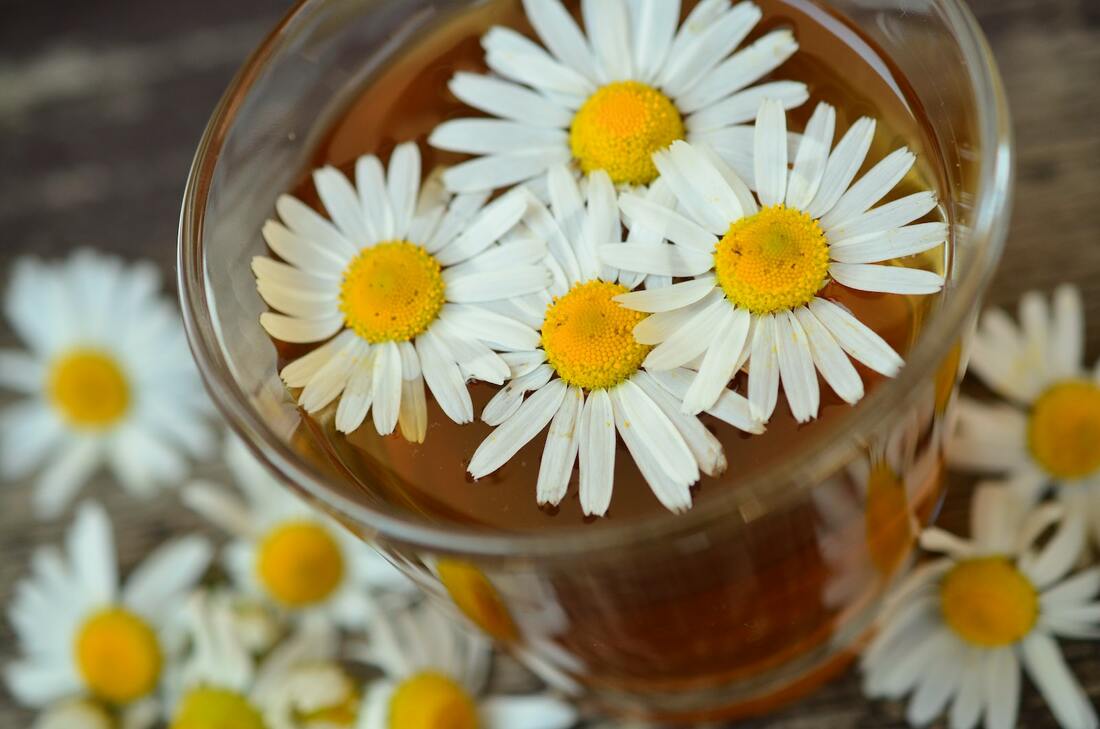
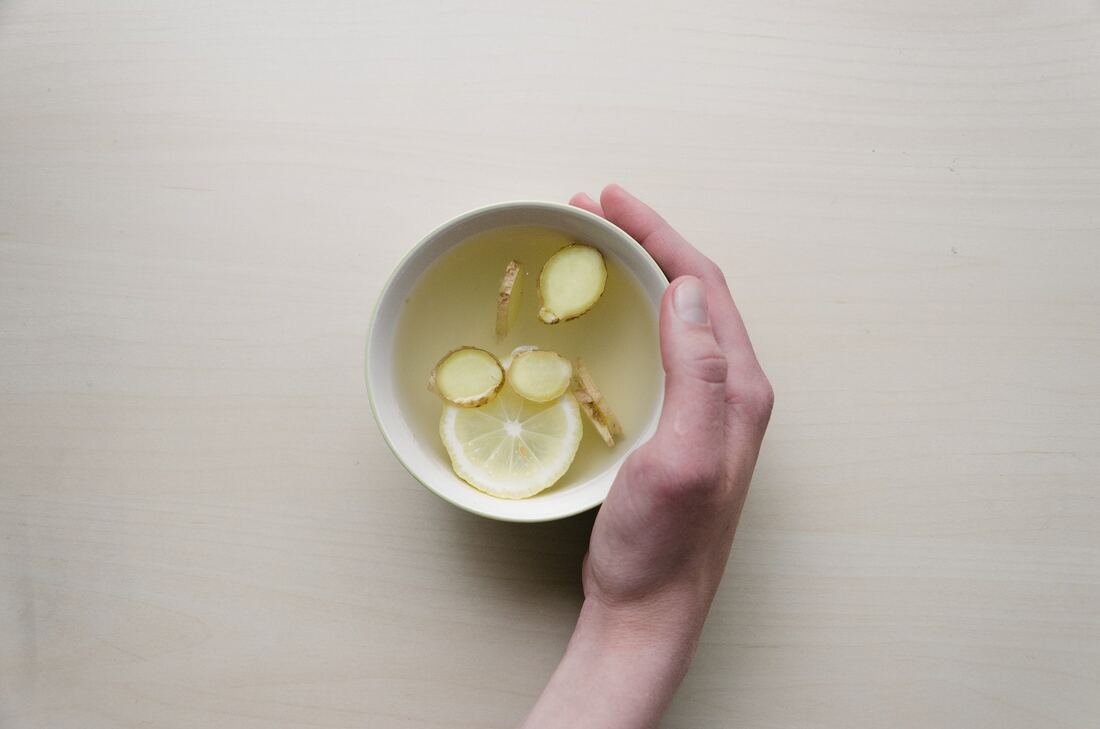
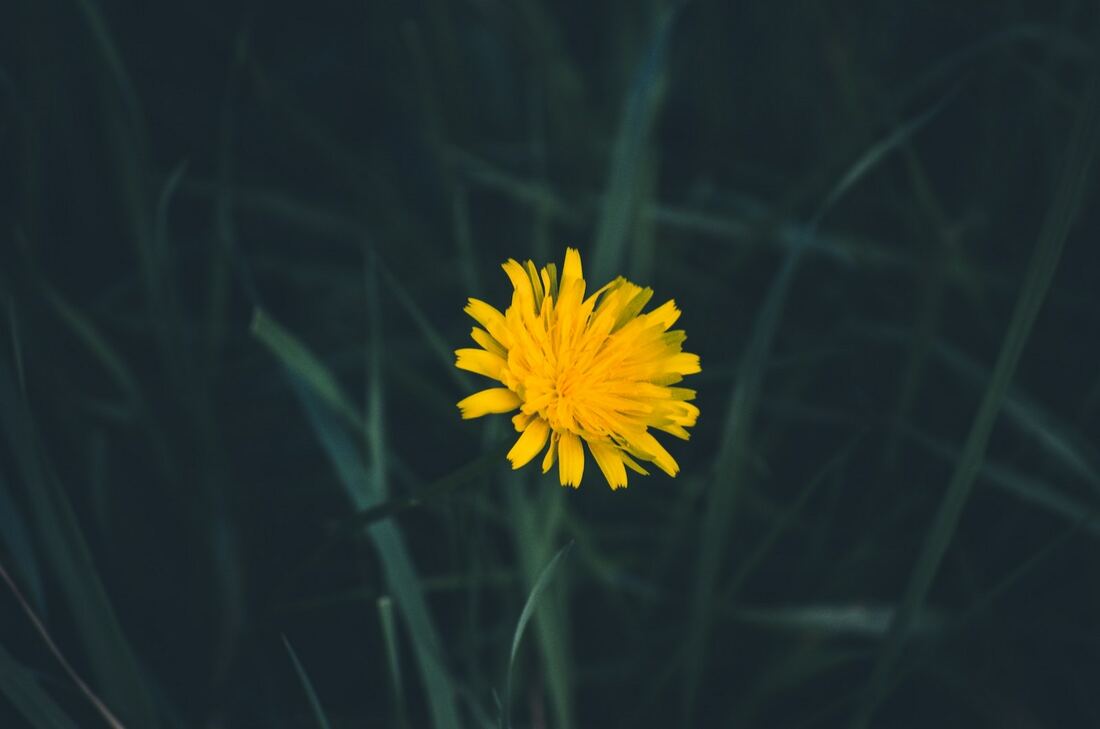

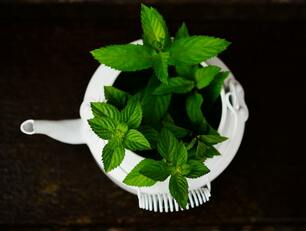
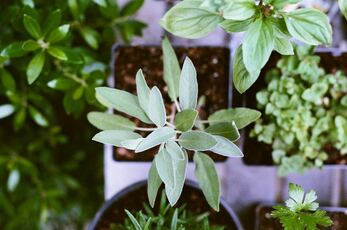
 RSS Feed
RSS Feed